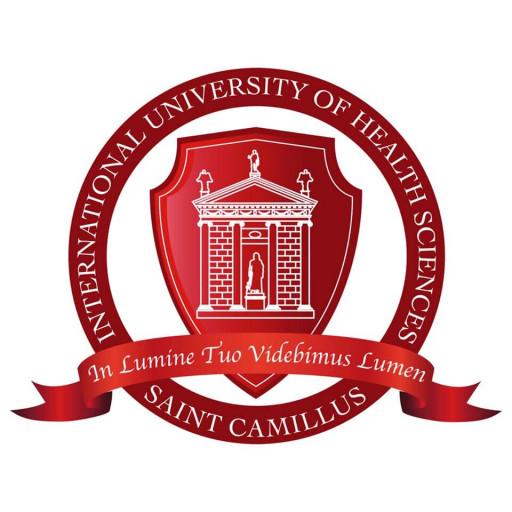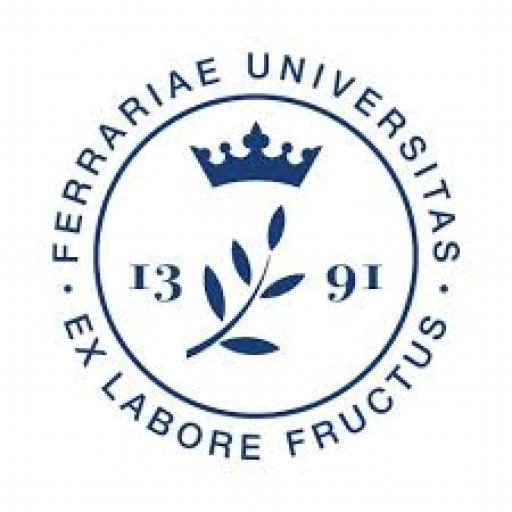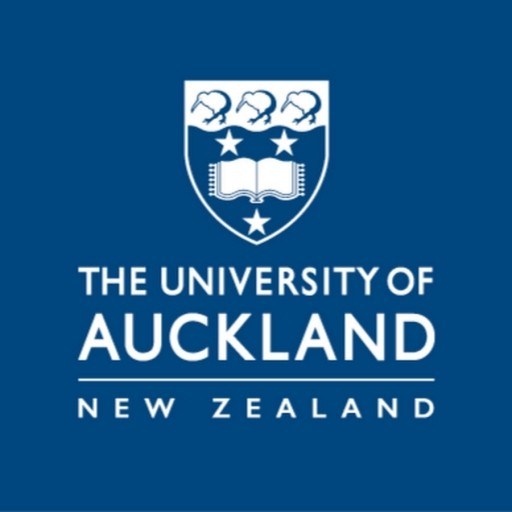Photos of university / #deakinuniversity
The Bachelor of Biomedical Science at Deakin University is a comprehensive and innovative undergraduate program designed to prepare students for a diverse range of careers in health, medical research, and the biomedical industry. The program provides students with a solid foundation in human biology, biochemistry, genetics, pathology, microbiology, and pharmacology, equipping them with the essential knowledge and practical skills required to understand the human body's complex systems and the mechanisms underlying health and disease. Throughout the course, students undertake a combination of theoretical studies and hands-on laboratory experiences, fostering critical thinking, analytical skills, and scientific inquiry. The curriculum is designed to reflect the latest advancements in biomedical sciences, with opportunities to engage in research projects, internships, and industry placements that enhance employability and real-world experience. The program also emphasizes ethical considerations, communication skills, and multidisciplinary approaches, preparing graduates to work effectively in multidisciplinary teams and adapt to the rapidly evolving biomedical field. Graduates of the Bachelor of Biomedical Science are well-positioned to pursue further education, such as honours or postgraduate research programs, or to enter the workforce in roles including biomedical scientist, medical researcher, laboratory technician, or healthcare industry specialist. With access to state-of-the-art facilities and experienced academic staff, students gain practical skills in modern laboratory techniques, data analysis, and scientific communication. Deakin's strong industry links and supportive learning environment ensure that students are prepared for the challenges and opportunities in the biomedical sector. The program is ideal for students passionate about improving health outcomes and making significant contributions to biomedical research and healthcare innovation.
The Bachelor of Biomedical Science at Deakin University provides students with in-depth knowledge of the fundamental biological and medical sciences essential for understanding human health and disease. Throughout this program, students engage with a comprehensive curriculum that covers a wide range of topics including anatomy, physiology, genetics, microbiology, biochemistry, and pathology. The program is designed to equip students with both theoretical understanding and practical skills through laboratory-based learning, enabling them to apply scientific principles in real-world healthcare settings. Students will explore the mechanisms underlying health and disease, gaining insights into how various biological systems interact and respond to internal and external factors.
The degree emphasizes the development of critical thinking, problem-solving, and research skills, preparing graduates for careers in biomedical research, healthcare, pathology laboratories, and related fields. As part of their studies, students have opportunities to participate in hands-on laboratory sessions, internships, and collaborative projects, fostering teamwork and professional communication skills. Deakin University's strong links with industry partners ensure that students are exposed to current research trends and emerging technologies in biomedical science.
The Bachelor of Biomedical Science at Deakin also provides a pathway for further education and specialization, such as postgraduate studies in medicine, dentistry, or research programs. With a commitment to innovative teaching and rigorous research, the university strives to produce graduates who are well-equipped to contribute to advancements in medical science and improve healthcare outcomes. Upon completing the program, graduates will have the knowledge base and practical experience necessary for various roles within the biomedical sector, including laboratory management, clinical research, and health science education.
- Year 12 or equivalent
- Prerequisites: Units 3 and 4: a study score of at least 25 in English (EAL) or Even 20 in English other than EAL
The Bachelor of Biomedical Science at Deakin University offers a range of financial options to support students throughout their undergraduate studies. Domestic students enrolled in this program are eligible for government funding through Commonwealth Supported Places (CSP), which significantly reduces the overall tuition fee. The CSP allows students to pay a subsidized amount directly to the university, while the government covers the remaining portion of the tuition fee. This option makes high-quality biomedical education more accessible and affordable for eligible Australian residents.
For students who do not hold a CSP, the full tuition fee must be paid, which can be a substantial financial commitment. To assist with this, Deakin University offers payment plans that allow students to spread the cost of their tuition fees over multiple installments, easing the financial burden. Additionally, there are various scholarships available for incoming students based on academic merit, financial need, or specific criteria such as equity or regional background. These scholarships can provide financial relief by covering partial or full tuition fees, as well as offering stipends for living expenses.
International students enrolled in the Bachelor of Biomedical Science are required to pay full tuition fees, which vary depending on the year of study and specific program details. Deakin University provides a range of scholarships for international students, including merit-based awards, to help offset tuition costs. These scholarships are competitive and require applicants to meet specific academic and other eligibility criteria.
In terms of general living expenses, students should budget for accommodation, food, transportation, study materials, and personal expenses. Deakin University’s location allows access to various accommodation options ranging from on-campus housing to off-campus rentals, with costs varying accordingly. Many students choose to combine scholarships, personal savings, part-time work, and family support to fund their studies. Part-time employment opportunities are available locally and through the university’s career services, providing flexible work options that accommodate student schedules.
Furthermore, students can explore external funding sources such as government student loans, private loans, and charitable organizations that offer grants or bursaries for health sciences students. It is advisable for prospective students to thoroughly research and plan their finances before commencing their studies to ensure they can meet the ongoing costs associated with a Biomedical Science degree.
Overall, studying Biomedical Science at Deakin University offers various financial pathways, aimed at making higher education accessible while providing support mechanisms to minimize financial stress during the academic journey.
The Bachelor of Biomedical Science at Deakin University is a comprehensive undergraduate program designed to provide students with a solid foundation in the biological sciences, focusing on understanding the human body, disease mechanisms, and the latest technologies used in medical research and healthcare. The curriculum covers core topics such as human anatomy, physiology, microbiology, pharmacology, biochemistry, and pathology, equipping students with both theoretical knowledge and practical skills essential for careers in biomedical research, healthcare, and related fields. The program emphasizes experiential learning through laboratory work, industry placements, and research projects, encouraging critical thinking, problem-solving, and innovation. Students have opportunities to engage with state-of-the-art facilities and collaborate with industry partners, gaining real-world experience that enhances employability upon graduation. The degree is designed to prepare graduates for diverse career paths, including medical research, clinical laboratories, pharmaceutical industries, and health promotion. Deakin’s close connections with healthcare sectors and research institutions mean students often benefit from guest lectures, seminars, and networking events, fostering professional development. The program also offers specializations or elective units allowing students to tailor their education towards areas of particular interest, such as neurobiology, immunology, or molecular biology. Graduates of the Bachelor of Biomedical Science are well-equipped for postgraduate studies should they choose to pursue further education in medicine, dentistry, pharmacy, or allied health fields. The program adheres to high academic standards and prepares students for the rapidly evolving landscape of biomedical sciences through a curriculum that integrates the latest scientific advancements and technological innovations. Designed with a focus on employability, the degree combines academic theory with practical application to ensure graduates are workplace-ready and capable of making meaningful contributions to health sciences and biomedical research.










